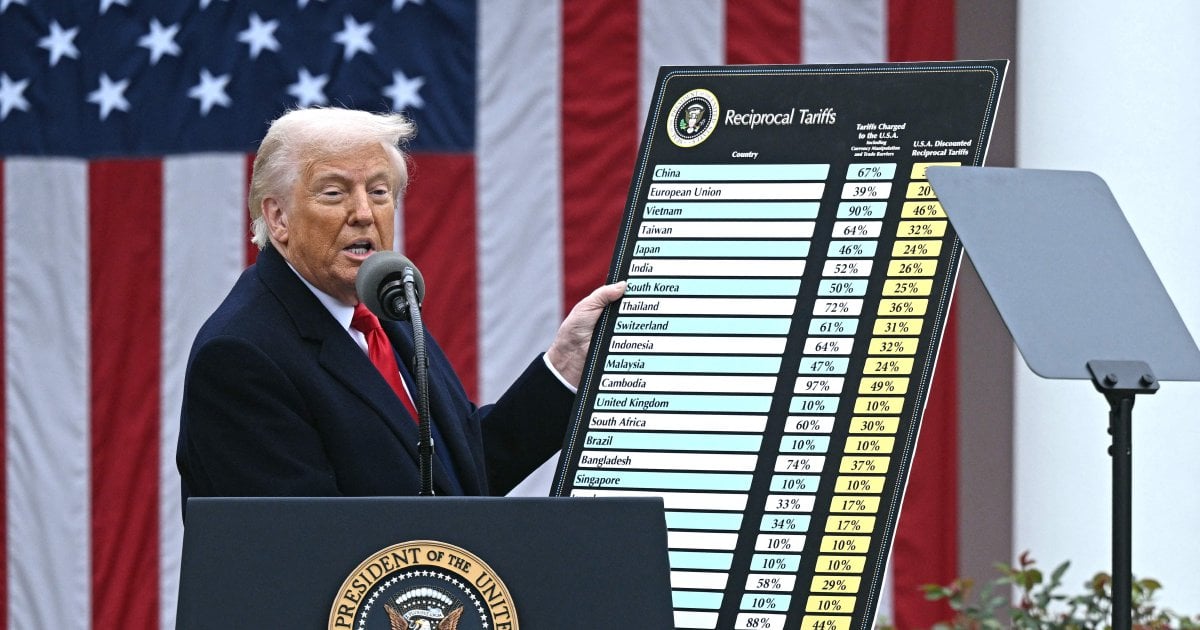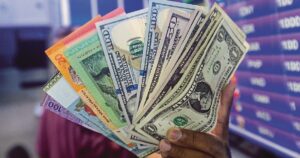EUROPE and Asia could leverage United States President Donald Trump‘s “America First” strategy for their own benefit, eventually spurring the development of regional tripolar foreign exchange (forex) blocs that could erode the dominance of the US dollar and reshape global markets.
The US dollar has struggled this year, especially since Trump‘s April 2 tariff announcement.
While the currency jumped recently following the announcement of US-European Union trade deal, this short-term move doesn’t change the long-term trends that could undermine the greenback’s position.
Economic dominance in the future could largely depend on access to affordable, efficient energy to power artificial intelligence technologies. And in the race to dominate the industries of the future, the US is arguably going in reverse.
It’s retreating from the renewables space, as seen in the administration’s recent move to eliminate many clean energy subsidies.
The president appears to be making the bet that the US can maintain energy dominance indefinitely by relying on its own fossil fuel resources.
This could ultimately result in uncompetitive power costs in the future, given that China is already dominating in clean energy technologies like solar and electric vehicles.
While Trump may be seeking to enhance American self-sufficiency, the administration’s policies may actually be increasing the country’s dependency on foreign capital.
Trump’s recently passed budget bill — which looks pretty ugly to fiscal watchdogs despite its name — could cement the US’ position as the world’s biggest capital importer by adding an expected US$3.4 trillion to the US deficit over the next decade, according to estimates by the nonpartisan Congressional Budget Office, potentially locking in six to seven per cent budget deficits for years.
The US has also been running current account deficits of roughly four per cent over the past several years, and this widened to six per cent of gross domestic product in the first quarter, according to the US Bureau of Economic Analysis.
By spending beyond its means and running these twin deficits, the US will continue to require large amounts of foreign capital inflows.
But this capital may soon be harder to come by, if Europe and Asia seek to keep more of it closer to home.
While Europe has agreed to increase US energy purchases through the recently announced US trade deal, much of that agreement remains up in the air.
Meanwhile, Asia has begun to trade more internally, as China has been focusing on export diversification.
A growing regionalisation of supply chains began during the Covid-19 pandemic and appears to be accelerating as Trump seeks to drive production back to the US and all major global powers focus on securing regional raw material access (e.g., rare earths and other critical minerals) for national security purposes.
This shift could eventually create the foundation for true regional forex blocs across Asia, Europe and the Americas.
Within Asia, Pan Gongsheng, governor of the People’s Bank of China, has recently highlighted China’s interest in having the yuan play a larger role in a multi-polar currency world.
While China’s capital account remains closed, Asian currencies already primarily trade off the yuan rather than the US dollar.
Even though China faces challenges, such as its fight against deflation, its efforts on this front — namely, boosting consumption and reining in excess supply, especially in the renewable energy space across solar, wind and batteries — could ultimately help attract more foreign capital by boosting China’s growth profile and corporate earnings.
In a world of currency blocs, Europe and Asia could emerge as potential winners, as they erode the US’ position as the world’s financial powerhouse.
So while many investors may get lost in the short-term currency noise, it might be wise to instead focus on the long-term signal.
Writing for Reuters, the writer is founder and Global Strategist at TPW Advisory, a NYC-based investment advisory firm
© New Straits Times Press (M) Bhd






